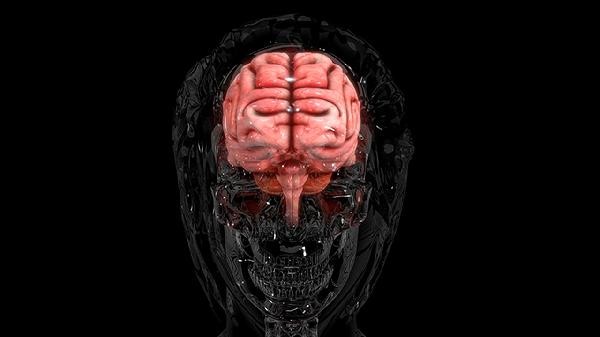The prefrontal cortex of the brain is closely related to intelligence and is mainly responsible for advanced cognitive functions such as logical reasoning, decision-making, and emotional regulation. The degree of development of the prefrontal cortex, neural connectivity efficiency, dopamine system function, genetic factors, and environmental stimuli can all affect intellectual performance.

1. Advanced cognitive center
The prefrontal cortex is the latest mature region in brain evolution, accounting for one-third of the total area of the human cerebral cortex. This region directly participates in core intellectual activities such as working memory, abstract thinking, and problem-solving. Clinical studies have found that patients with frontal lobe injury often exhibit cognitive deficits such as decreased planning ability and scattered attention, demonstrating a strong association with fluid intelligence.
2. Neural Connection Network
The frontal lobe establishes extensive connections with the left and right hemispheres through the corpus callosum, while forming functional networks with the parietal and temporal lobes. The degree of myelination of white matter fiber bundles directly affects information processing speed, and diffusion tensor imaging shows that high scores on intelligence tests result in significantly higher density of prefrontal nerve fiber connections.
3. Neurotransmitter regulation
Neurotransmitters such as dopamine and glutamate form a dynamic balance in the prefrontal cortex. Overactivation of dopamine D1 receptors can impair working memory, while moderate stimulation of D2 receptors can enhance cognitive flexibility. This fine regulatory mechanism explains why certain psychiatric drugs temporarily alter cognitive performance.

4. Genetic basis influence
Gene polymorphisms such as CHRM2 and COMT are closely related to prefrontal function. Twin studies have shown that the heritability of prefrontal gray matter volume is up to 70%, and these innate factors determine individual differences in basic cognitive abilities, but are not the only determinants of intellectual development.
5. Neuroplasticity
Through interventions such as mindfulness meditation and cognitive training, new neural synapses can still be generated in the frontal lobe of adults. Continuous learning can increase the thickness of the prefrontal cortex, which provides a physiological basis for the development of acquired intelligence, indicating that intelligence is the result of a combination of innate and acquired factors. Regular aerobic exercise can promote blood flow perfusion in the prefrontal cortex, and omega-3 fatty acids in the Mediterranean diet help repair nerve cell membranes. It is recommended to combine cognitive training with physical exercise to avoid long-term sleep deprivation and chronic stress, which can damage prefrontal function. For children and adolescents, special attention should be paid to nutritional supplementation and cognitive stimulation during the critical period of prefrontal development.









Comments (0)
Leave a Comment
No comments yet
Be the first to share your thoughts!